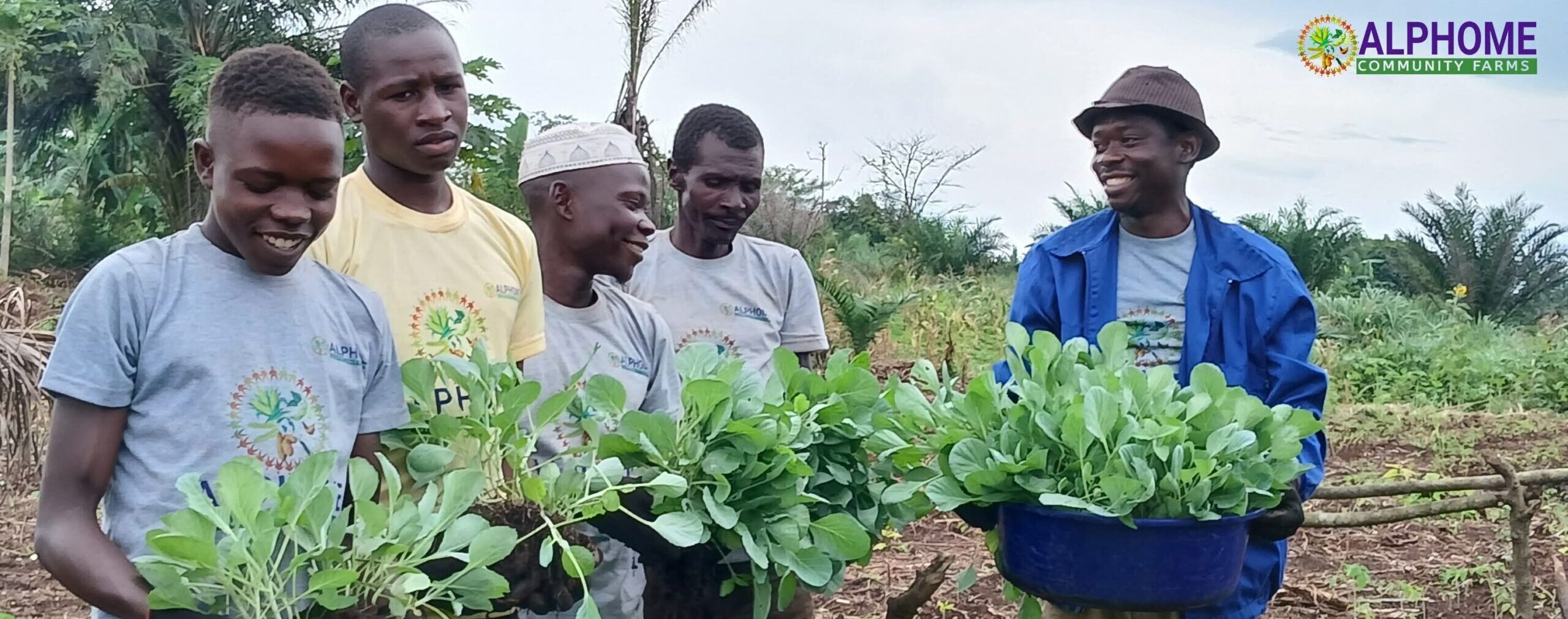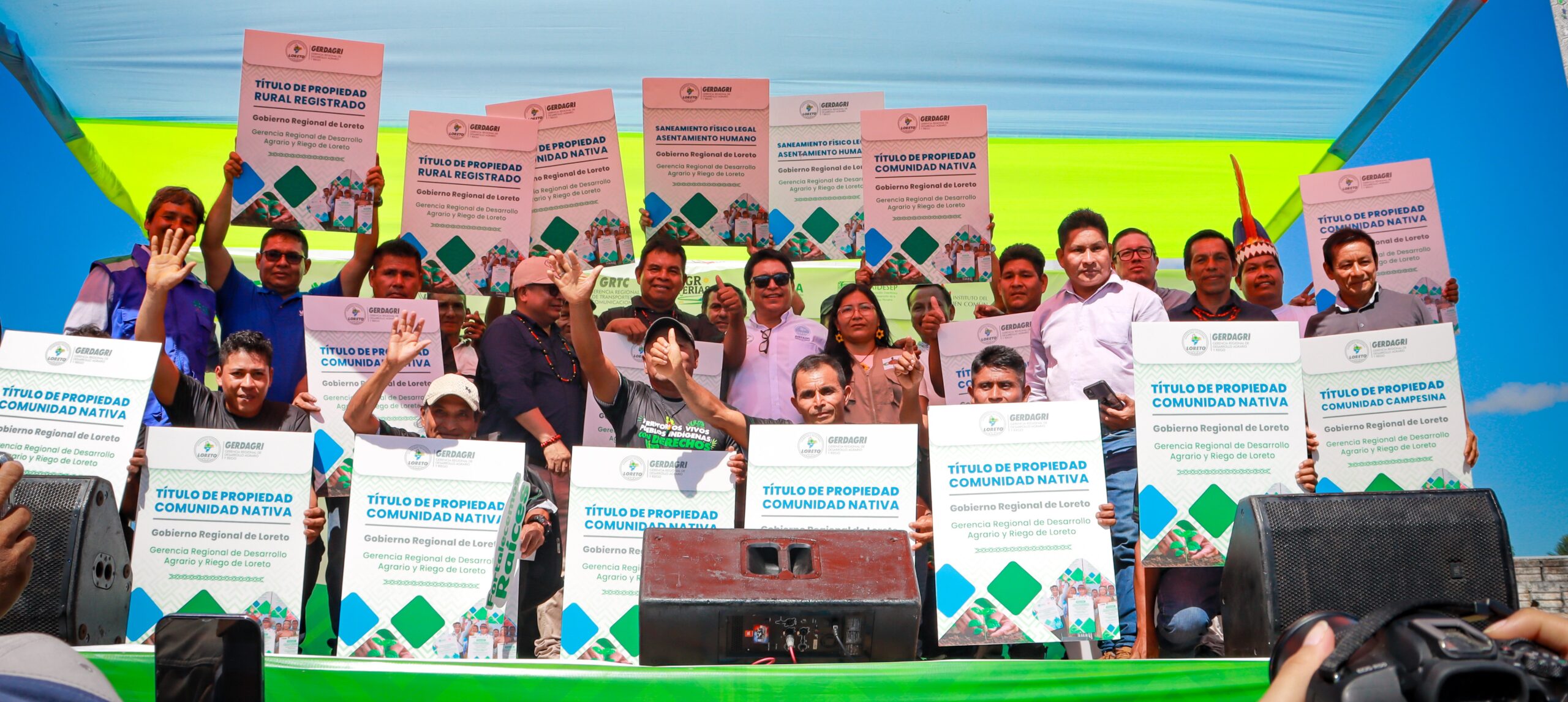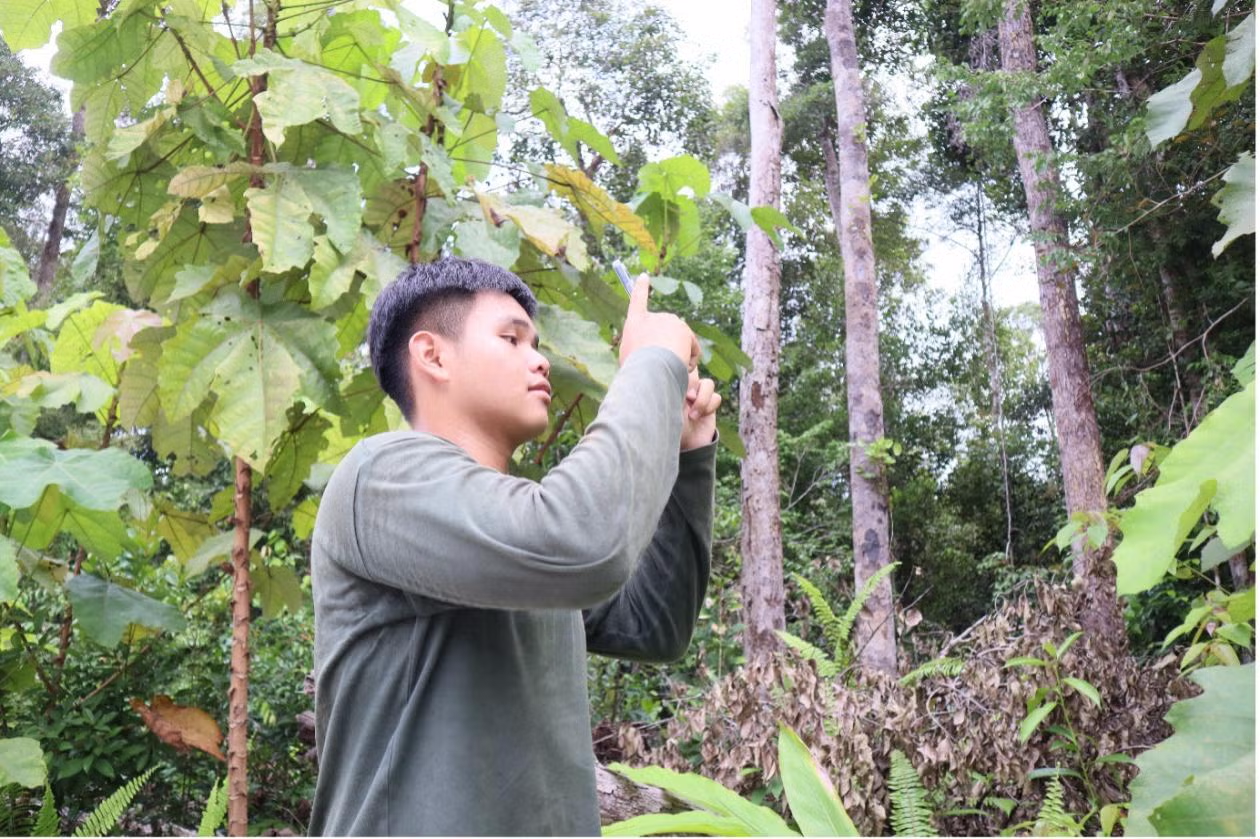Voices of Global Forest Watch: Justice Camillus Mensah, Hen Mpoano
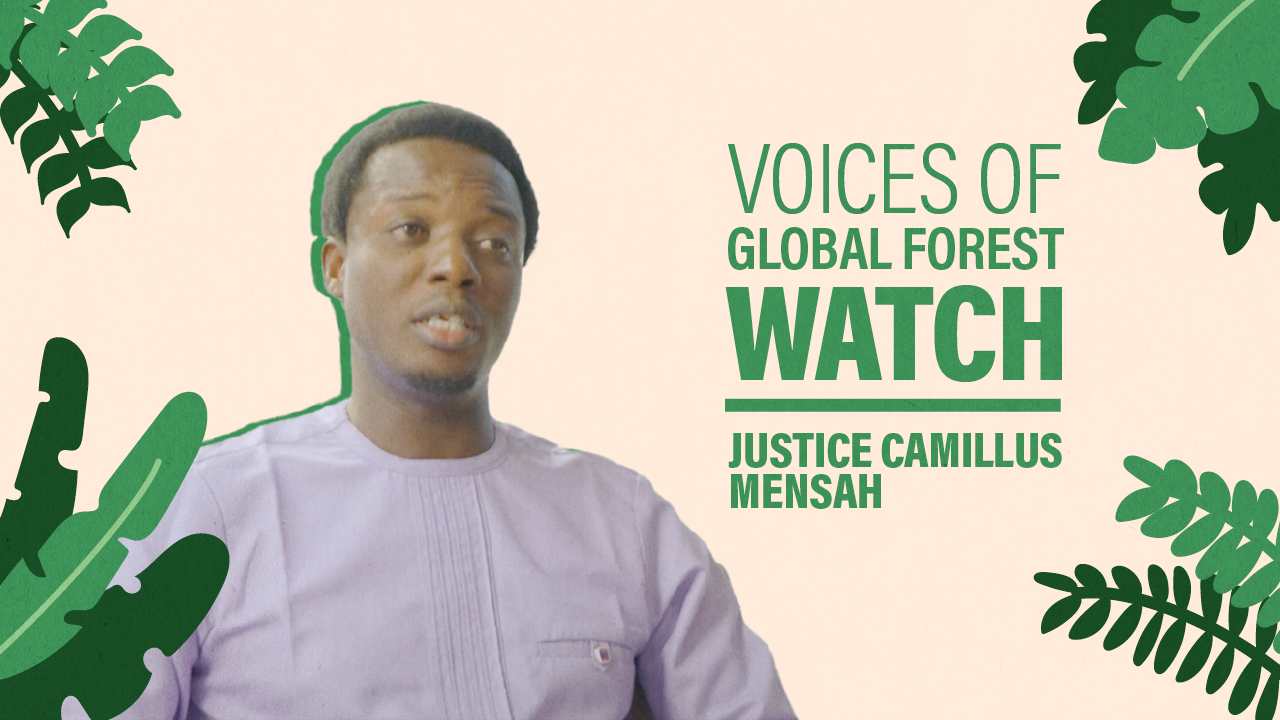
A decade ago, the launch of Global Forest Watch (GFW) ushered in a new era of accountability and transparency around monitoring and protecting the world’s forests. To celebrate 10 years of impact, our Voices of Global Forest Watch series will highlight successes of GFW users, partners and community members throughout the year. We invite you to read, watch and share the stories of exceptional leaders in forest monitoring who have played a pivotal role in protecting forests everywhere.
“We believe at Hen Mpoano that conservation without livelihood is a mere conversation.” – Justice Camillus Mensah, Project Manager at Hen Mpoano.
Hen Mpoano, a two-time recipient of GFW’s Small Grants Fund (SGF), is a nonprofit organization based in Ghana working to protect and restore the Takoradi Forest District in southwestern Ghana, home to two important reserves: Cape Three Points Forest Reserve and Subri River Forest Reserve, which is the largest forest reserve in the country and is designated as a Global Significant Biodiversity Area.
“My passion for forests is from growing up along the coasts and being exposed to mangrove exploitation. But when I got to know the importance of mangroves, I decided to use technology that I love to protect mangroves and any other coastal resource, including the coastal terrestrial forests,” said Justice. “Forest is life. I keep telling the people that indeed when the last tree dies, the last man will also die.”
Justice was able to channel his passion into working with Hen Mpoano in 2013. Over the past decade, he has contributed immensely to ongoing campaigns for coastal ecosystem conservation in Ghana and other African countries.
During Hen Mpoano’s SGF projects, they worked to strengthen effective forest law compliance and enforcement, including pro-conservation action among forest fringing communities — all of which has been effective in reducing deforestation.
According to Justice, forest law enforcement in Ghana is almost impossible without community involvement.
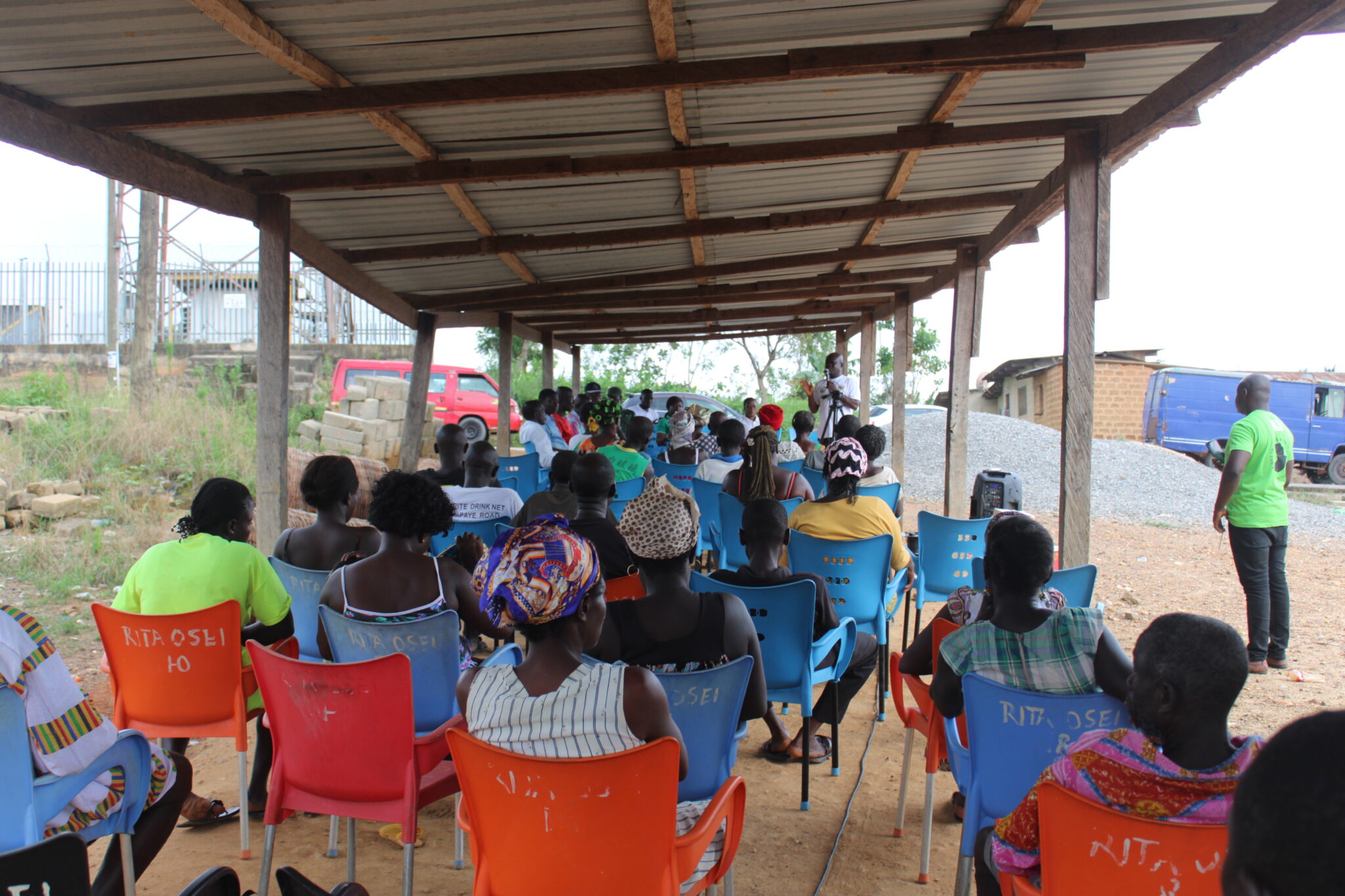
“We use a community-based approach to forest monitoring and protection. Members from forest fringing communities have been resourced through hands-on training on Global Forest Watch data and tools, in combination with other tools, to collect data on a regular basis,” said Justice.
With smart phones and GPS devices, the community forest monitoring teams collect evidence of forest crimes such as GPS coordinates and geotagged pictures. This data is then used to identify hotspots of forest crimes and used to generate maps using MapBuilder and other software. These maps are shared confidentially with the Forest Services Division to help trigger enforcement action and target limited resources to hotspots.
This work also led to an agreement for the Wildlife Division to provide armed staff support for enforcement in the two reserves. Through this joint effort, more than 70 culprits have been arrested for various infractions, particularly illegal mining.
Hen Mpoano now applies GFW tools and data to monitor mangrove and freshwater swamp in a project funded by the U.S. Forest Service — a landscape also undergoing mangrove restoration through TerraFund for AFR100. Hen Mpoano’s approach involves not only restoration and planting, but also strengthening conservation efforts in the area by engaging community members to monitor landscape changes using GFW.
Hen Mpoano has faced challenges, particularly with forest patrols where culprits have confronted community monitoring teams, forest officers and even Hen Mpoano staff. However, data and technology such as GFW has helped equip forest monitors with tools to continue their work.
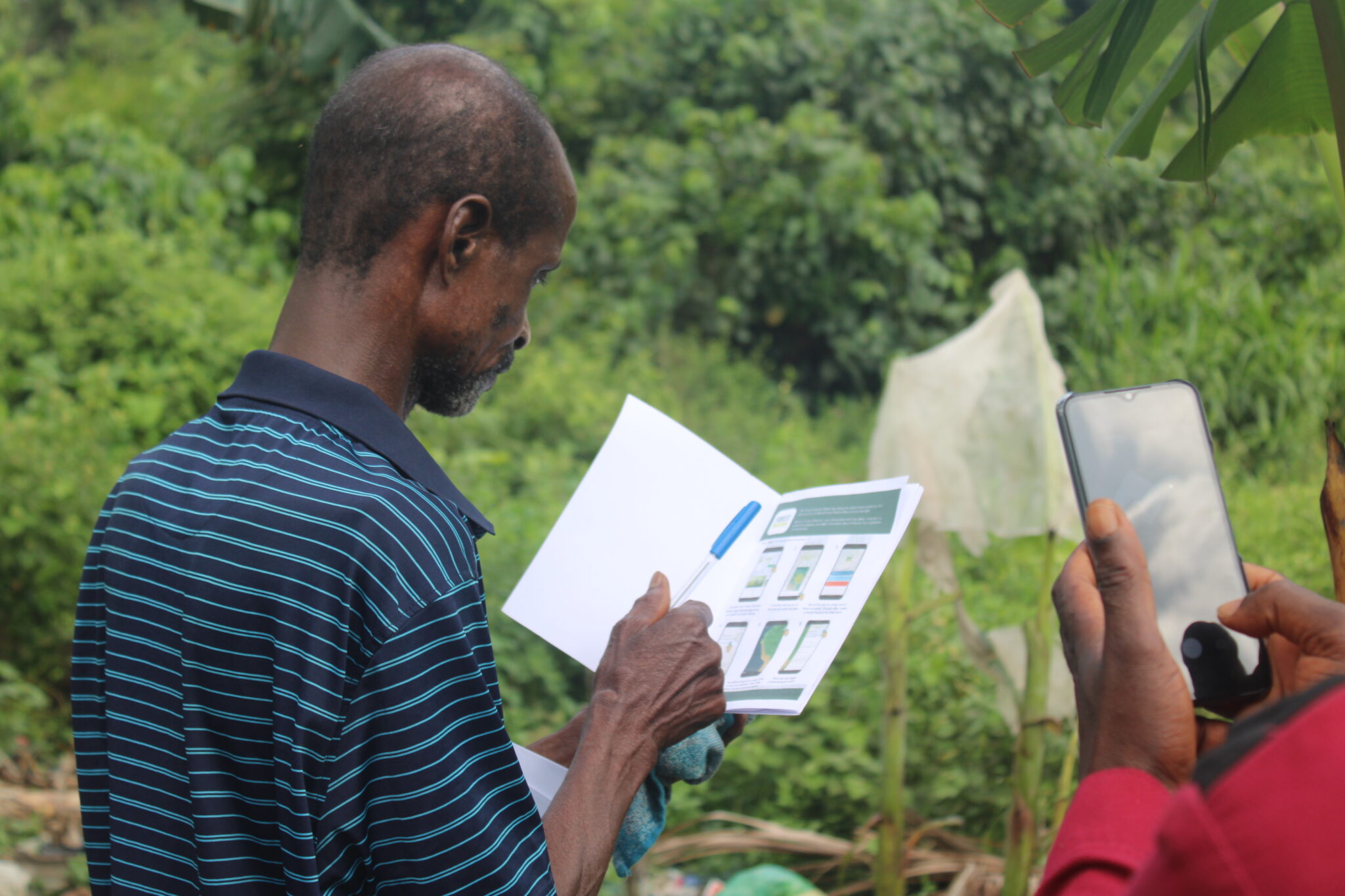
“In my opinion, GFW has cemented the collaborative management approach by providing citizens the tools and skill to be a part of forest protection. The community members feel very much empowered,” said Justice. “If Ghana’s status as the leading country in rainforest loss can be reversed, my team has a great role to play in that process. We will not relent until we see positive change.”
Learn more about Hen Mpoano here.
If you are interested in supporting Hen Mpoano to continue to expand their work to protect and restore forest landscapes, contact info@henmpoano.org.
